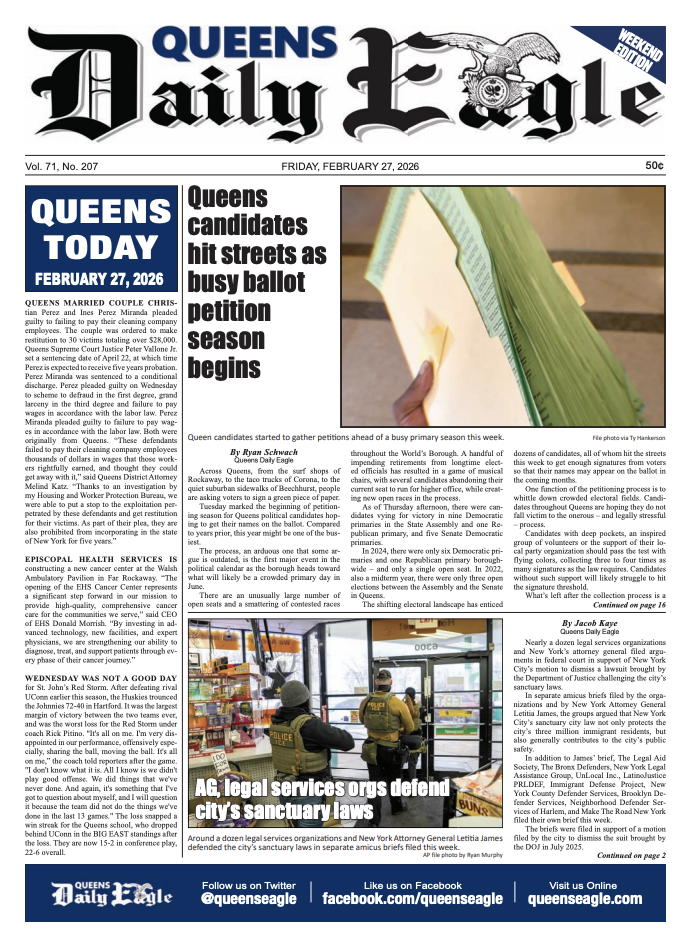Through tragedy, group home staff show up for New Yorkers with disabilities
/AHRC staff show up to work at group homes every day to serve residents with developmental disabilities. Photo via AHRC/Facebook
By David Brand
Robert Caruso was the glue that bound the staff and residents at his group home for people with intellectual and developmental disabilities in Howard Beach. Caruso did not communicate verbally, but his behavior and spirit enlivened the tight-knit home, known as Pembroke, said direct care worker Carole Coker.
“Robert was the anchor. He was the one who made everyone laugh,” Coker said. “He could sense if you weren’t feeling good and he would always do something to make you laugh.”
Group home resident Robert Caruso died from complications of COVID-19 in March. Photo courtesy of AHRC
On March 28, Caruso died of complications from COVID-19, becoming the first resident of a group home operated by AHRC, the state’s largest service provider for people with developmental disabilities, to succumb to the illness.
Tragically, he was not the last. The coronavirus has had a devastating impact on New Yorkers with intellectual and developmental disabilities, or IDD — many of whom have chronic health problems and live in congregate settings, like group homes, that make them particularly vulnerable to the illness.
At least 1,300 New Yorkers with IDD have tested positive for COVID-19 and 161 people have died, according to the state’s Office for People With Developmental Disabilities. “This population by definition is at risk,” said AHRC CEO Marco Damiani.
The illness has also taken the lives of group home staff members, leaving behind heartbroken colleagues who still report to work every day, even as they deal with their own grief.
Coker discussed Caruso’s death on a conference call with two other AHRC staff members who worked at another AHRC group home called the Armstrong Residence in Ozone Park. The staff at the two different sites didn’t know each other well, but seemed to bond over their mutual grief and their heroic work in spite of tragedy.
The assistant manager at Armstrong, Richard Brown III, had died from the coronavirus on March 31. He was just 37 years old.
Richard Brown III. Photo courtesy of AHRC
“We’ve got prayers for you Armstrong over here in Pembroke,” Coker said. “We pray for y’all to go through what you’re going through and still maintain sanity. And you still have to protect yourselves because you have families at home.”
Prior to the conversation, Armstrong manager Jennifer Natera had just worked a 24-hour shift, coping with her own grief while ensuring the seven group home residents remained safe and secure.
“Me as a manager, I have to maintain a brave face, and I have to maintain a brave face without my rock,” Natera said. “I don’t remember my life before Armstrong. I’m so invested and in love and enjoying what I do, and the person who brought me through that journey is Rich.”
Brown, nicknamed Big Man, had worked for AHRC for five years and left behind a 15-year-old son, Lawron.
Director care worker Andrea Thornton said Brown and other members of the Armstrong community had welcomed her “with open arms.”
“A lot of places aren’t like that,” Thornton said.
She said she fears for the safety of her colleagues, the residents and her own family, but she continues to serve her essential role at the group home.
“I’m a firm believer in prayer,” she said. “And I feel like we’ll get through this somehow.”






